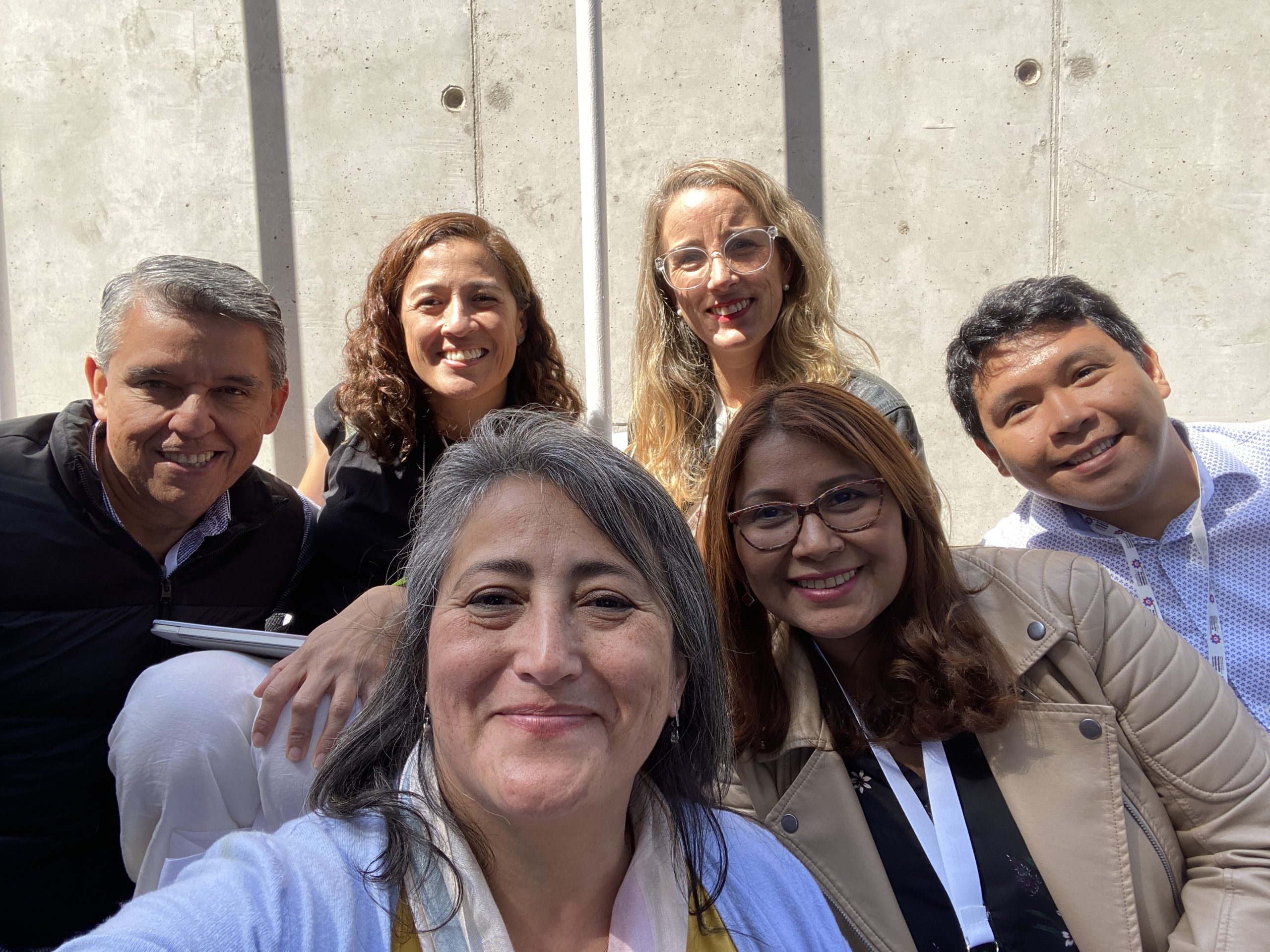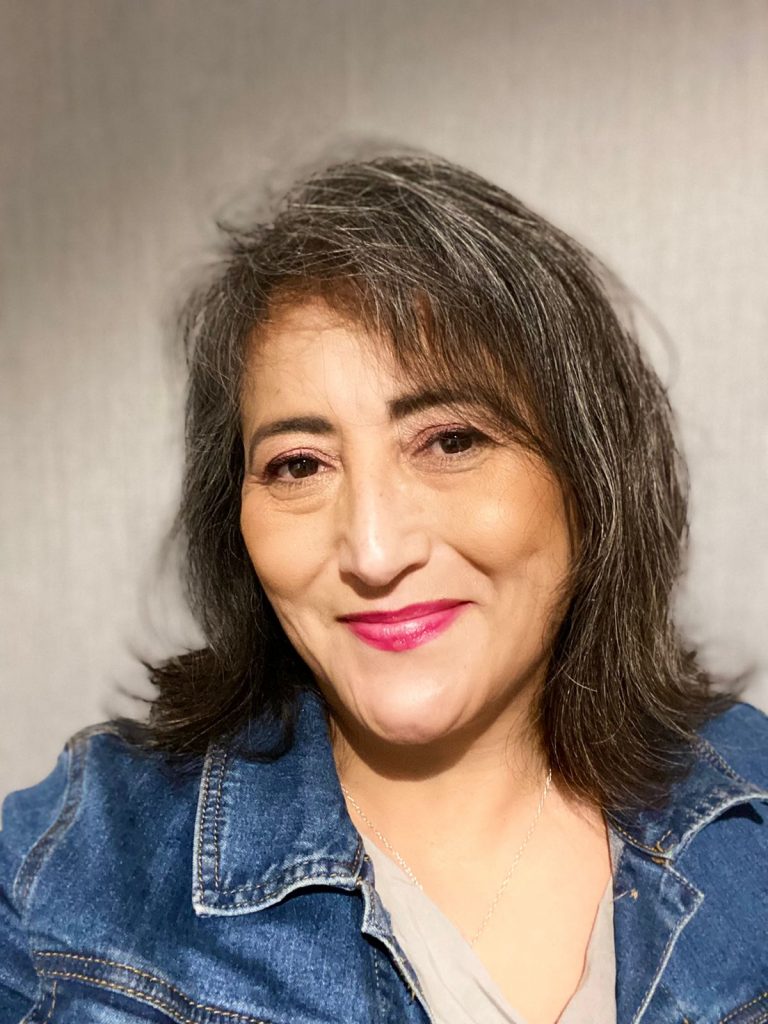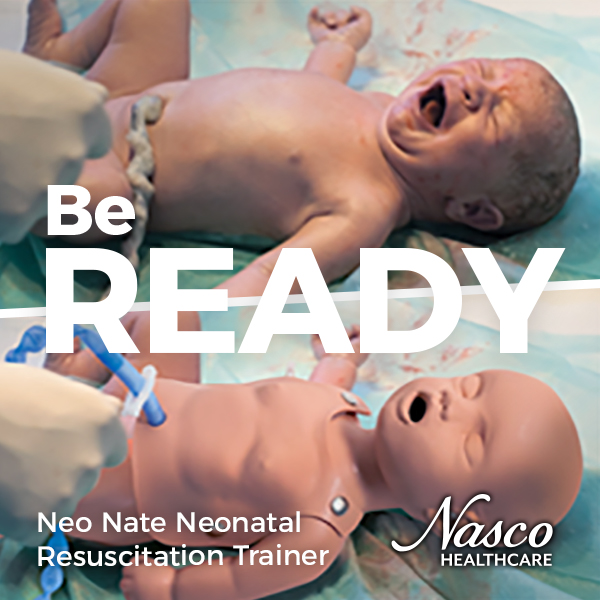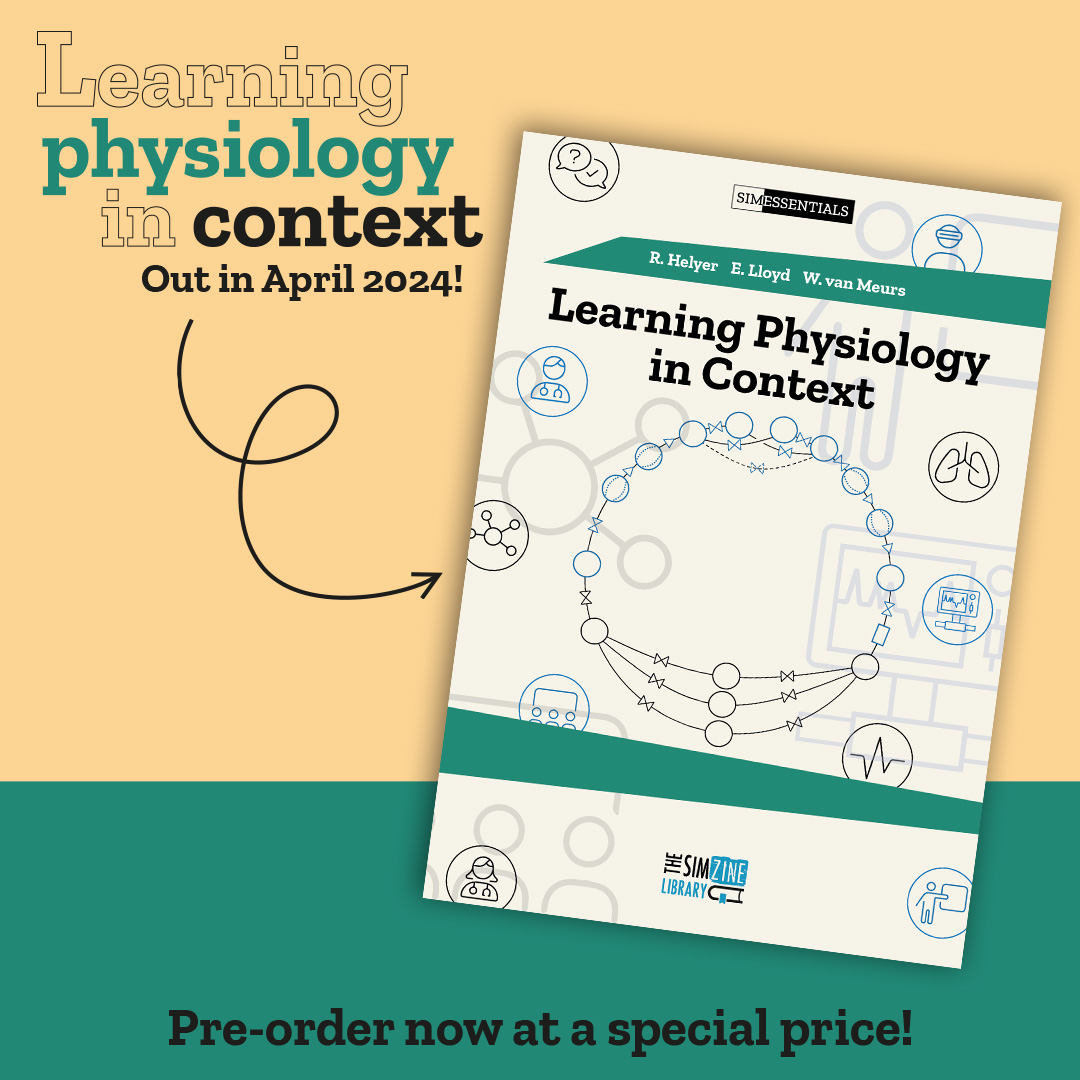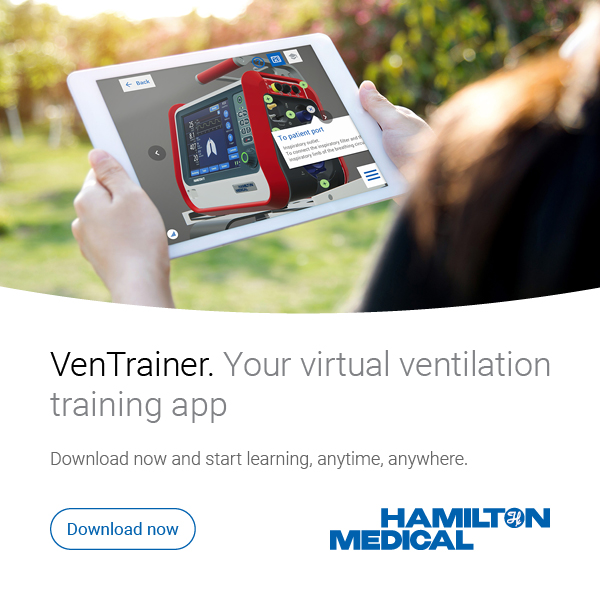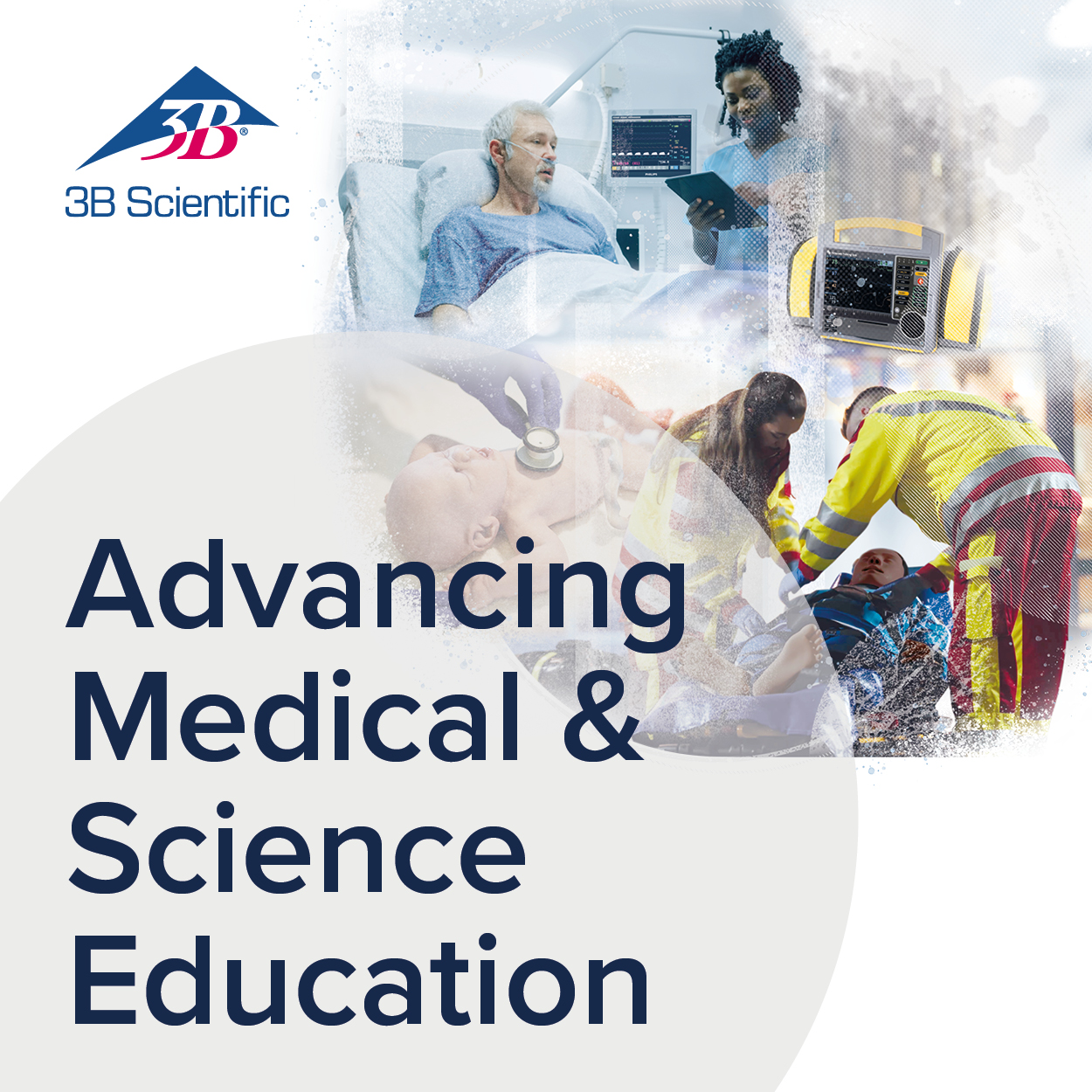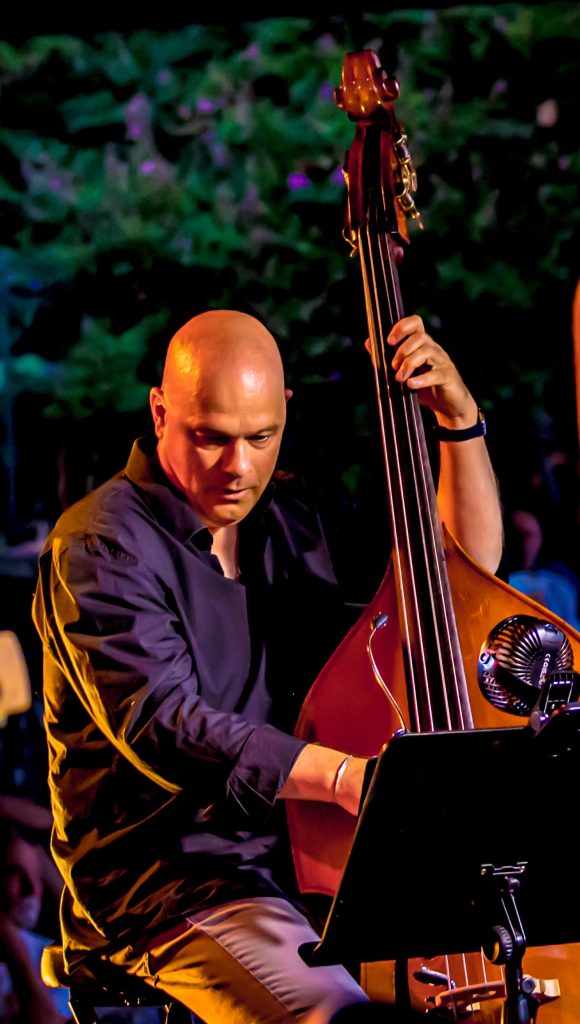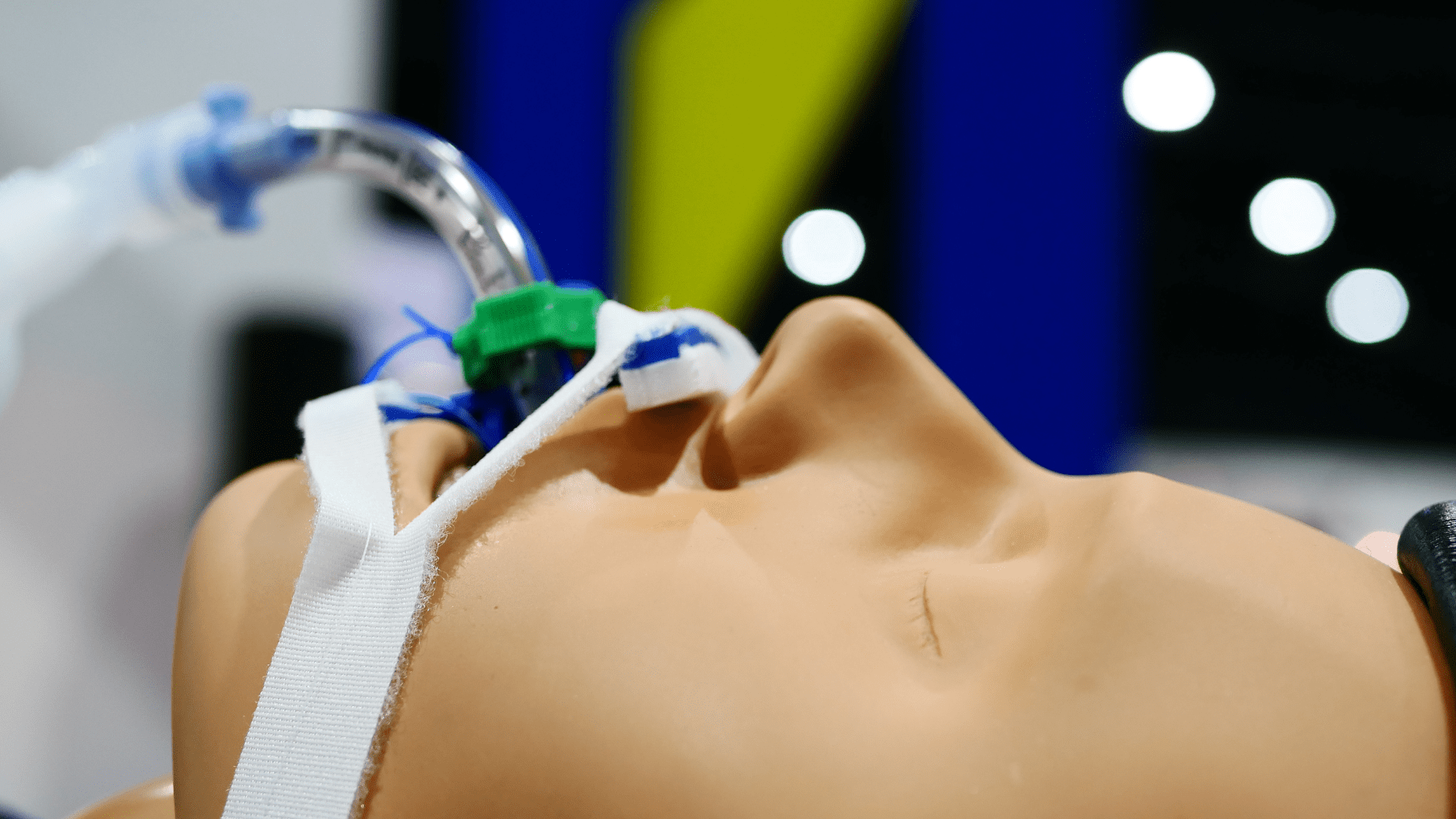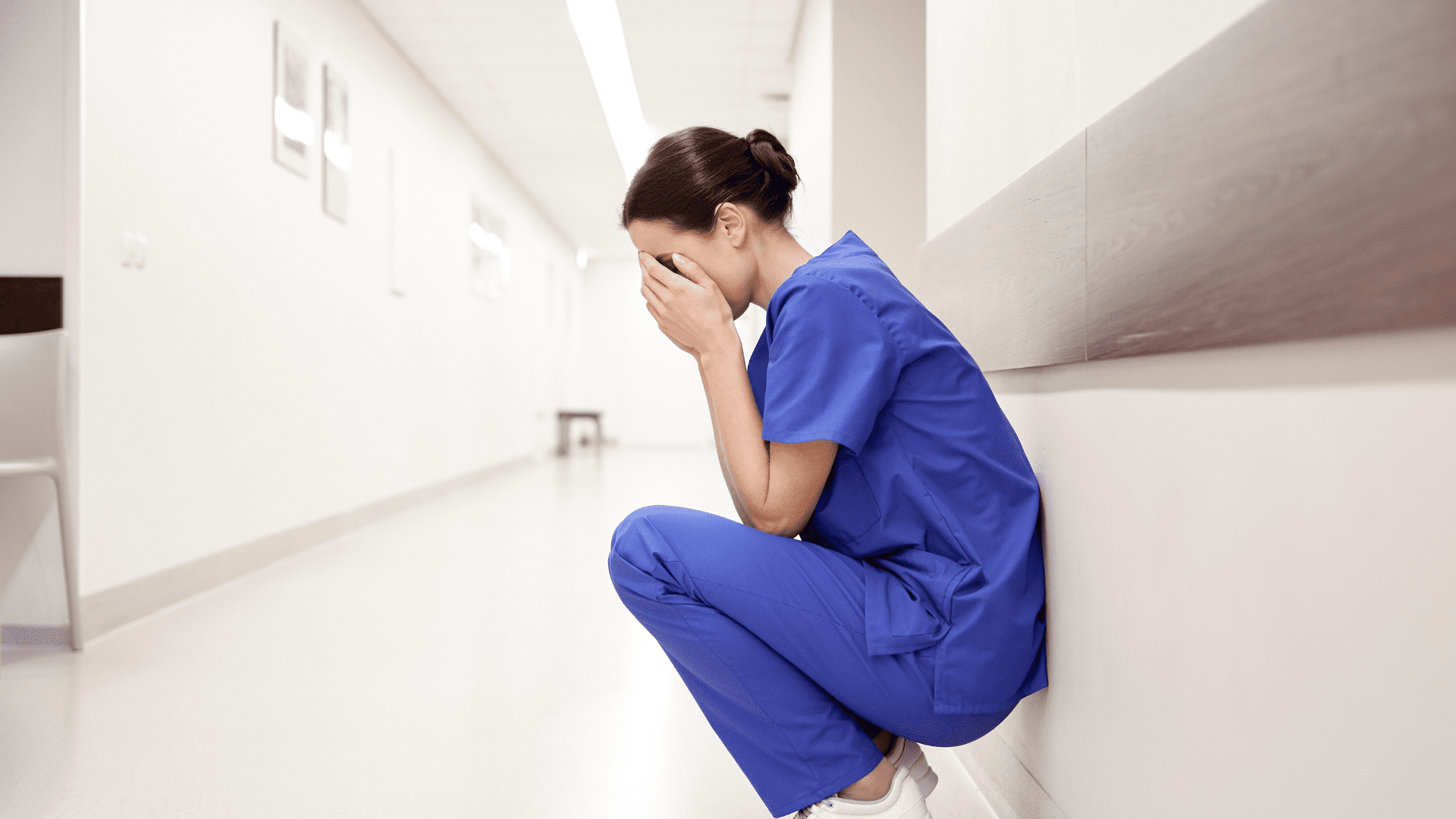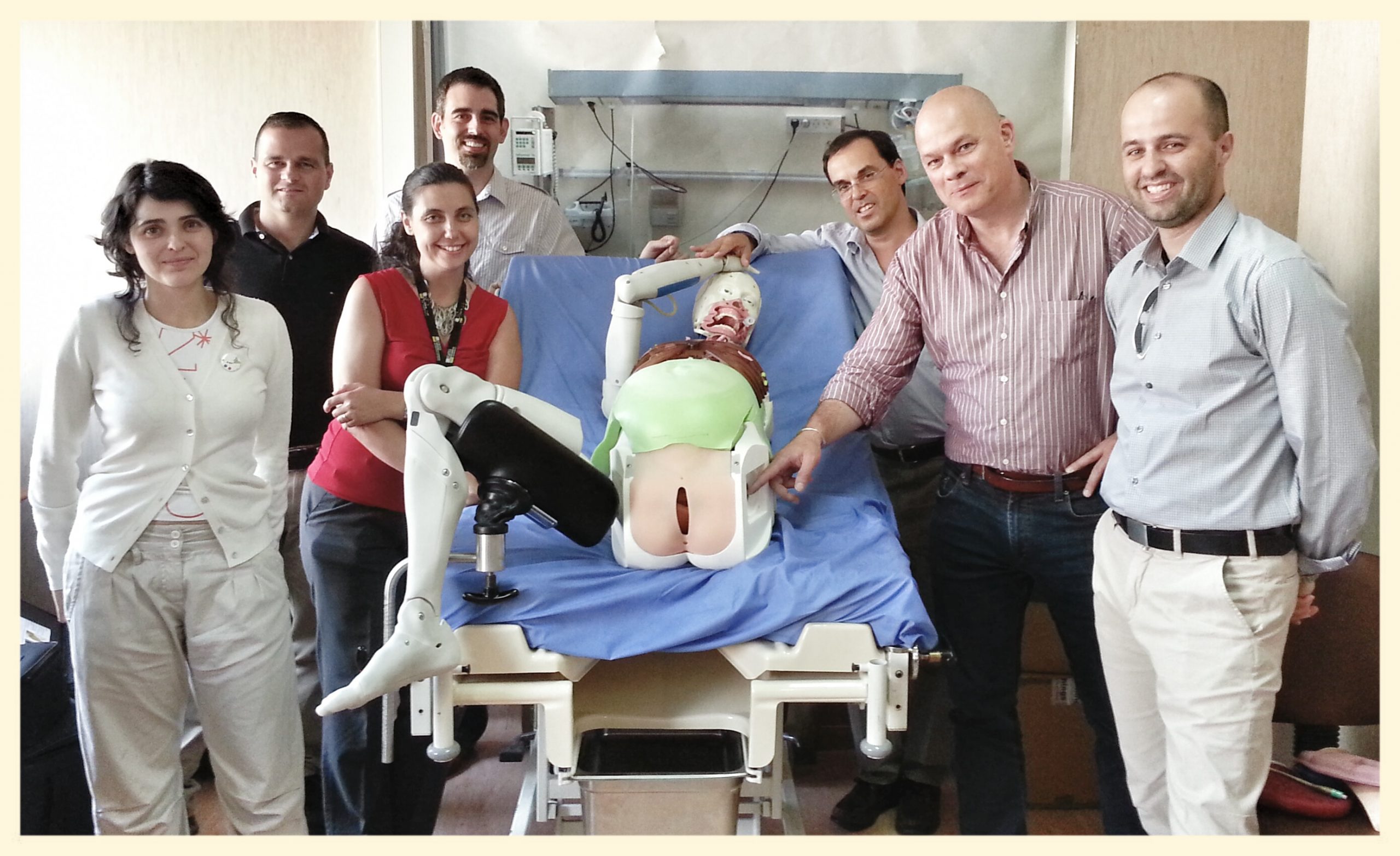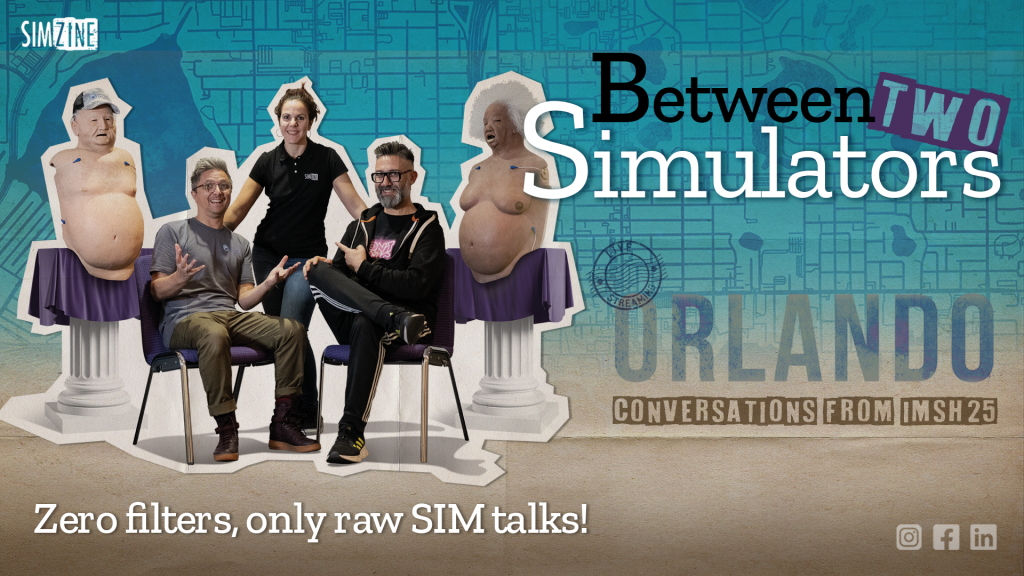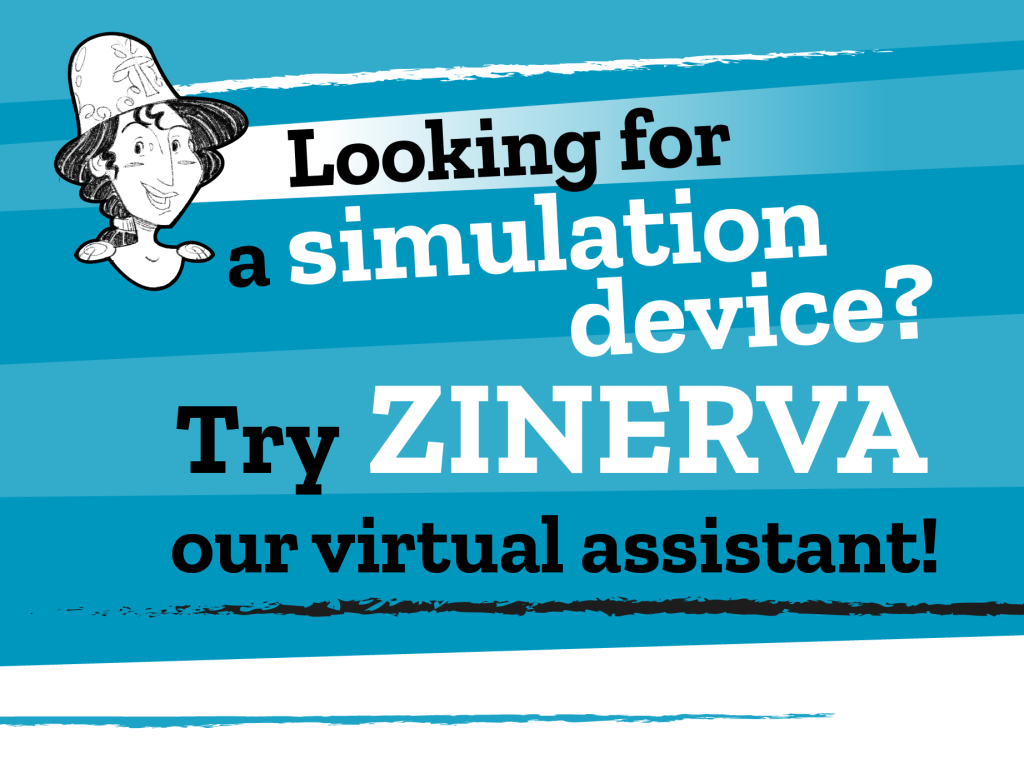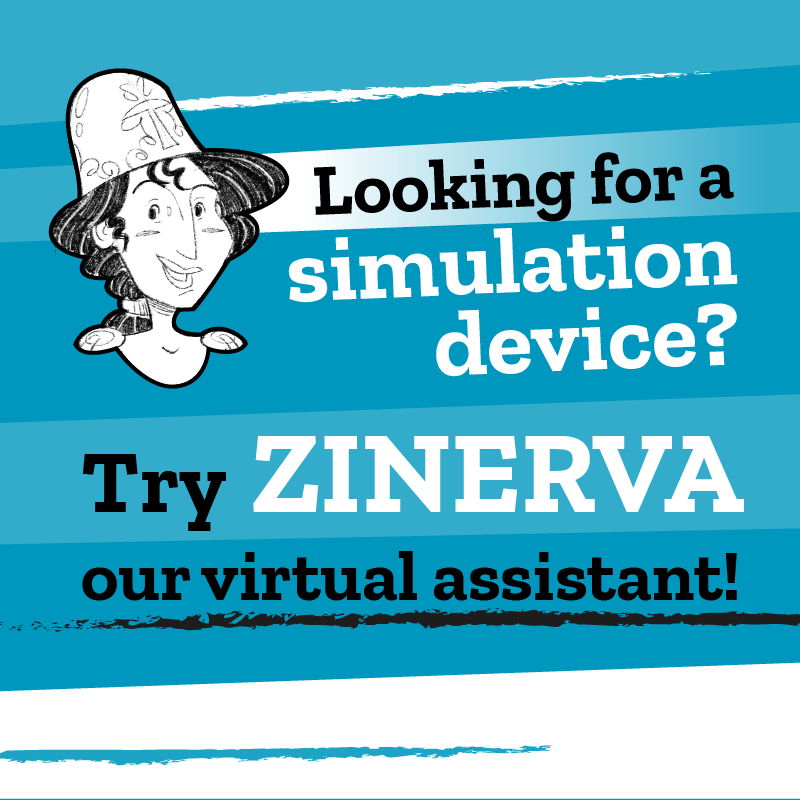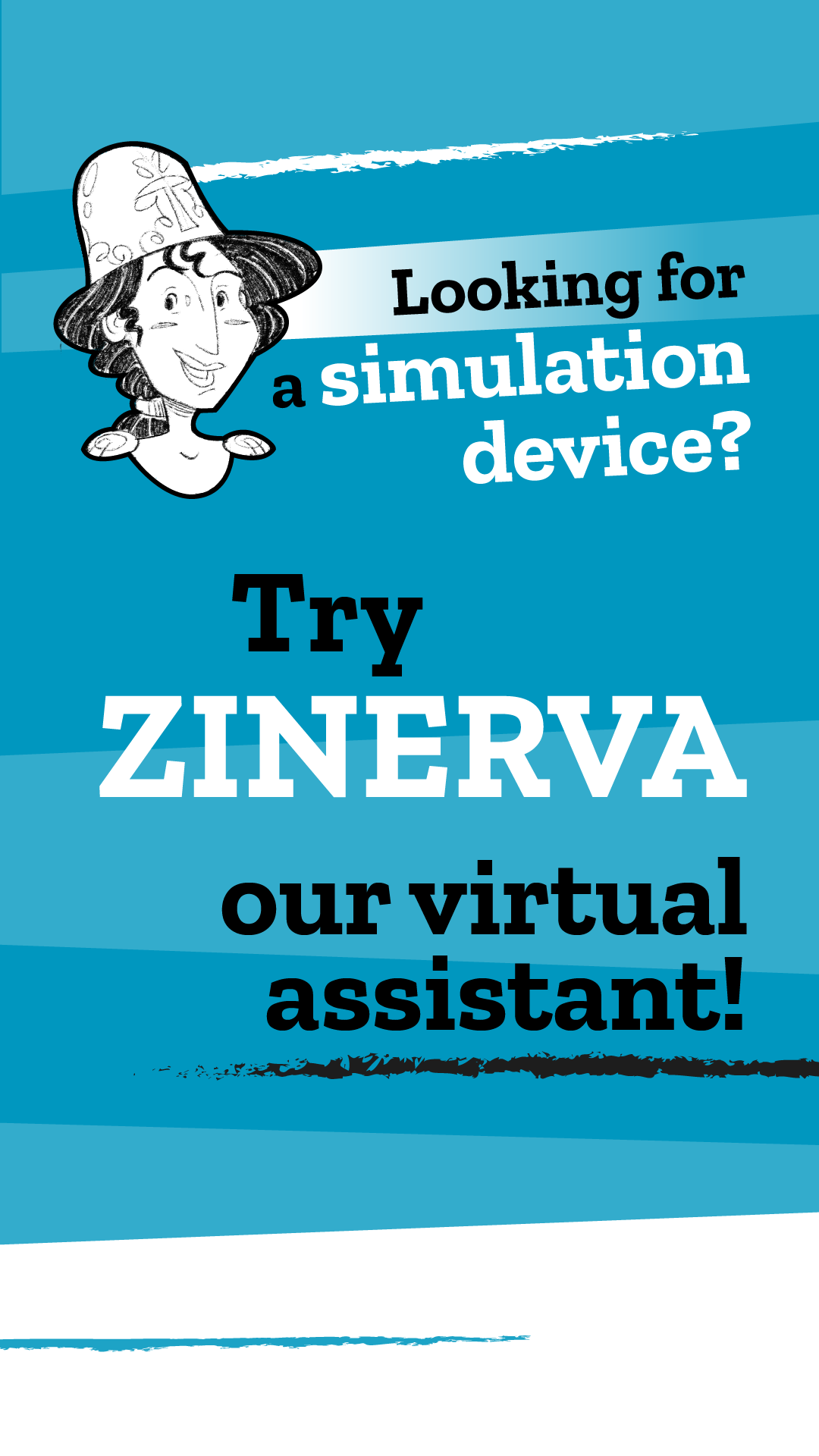The next SOCHISIM congress will be held in Santiago, Chile, with the aim of bringing together Chilean simulationists from all over Latin America and beyond.
On November 9 and 10, 2023, at the Clinical Skills Center of the University of Chile, located in the city of Santiago de Chile, will be held an event that brings together Chilean simulationists and many simulationists from Latin America.
SIMZINE, which is the official media partner of the event, talked with Soledad Armijo Rivera, President of the Chilean Society of Clinical Simulation and Patient Safety SOCHISIM, about the VII Chilean Simulation Congress, the expectations and the agenda of topics planned for this event.
Hello Soledad, thank you for agreeing to share some time and thoughts with us. This VII version of the SOCHISIM Congress to be held at the University of Chile, what special features will it have?
Hello SIMZINE friends.
Let me tell you. This version of the Chilean Simulation Congress is very special, because our society turns 10 years old in 2023, and at this time we seek to go beyond what we have learned so far, to understand what we have achieved and to project together into the future. In that spirit, the name of this congress is Transversal Skills in Simulation: Mirrors and Mirages.
When we talk about mirages we mean that many times we have an idealized perception of our actions and capabilities, or that we limit ourselves to the scope of our discipline in isolation and blindly believe that this is all and well.
The invitation we make to everyone is to look at ourselves in the mirror and recognize our real capabilities; beyond the disciplinary, beyond the technical; highlighting the importance of those we call “non-technical skills”, which we identify as transversal elements to the work of all health professions and which are very well developed with simulation.
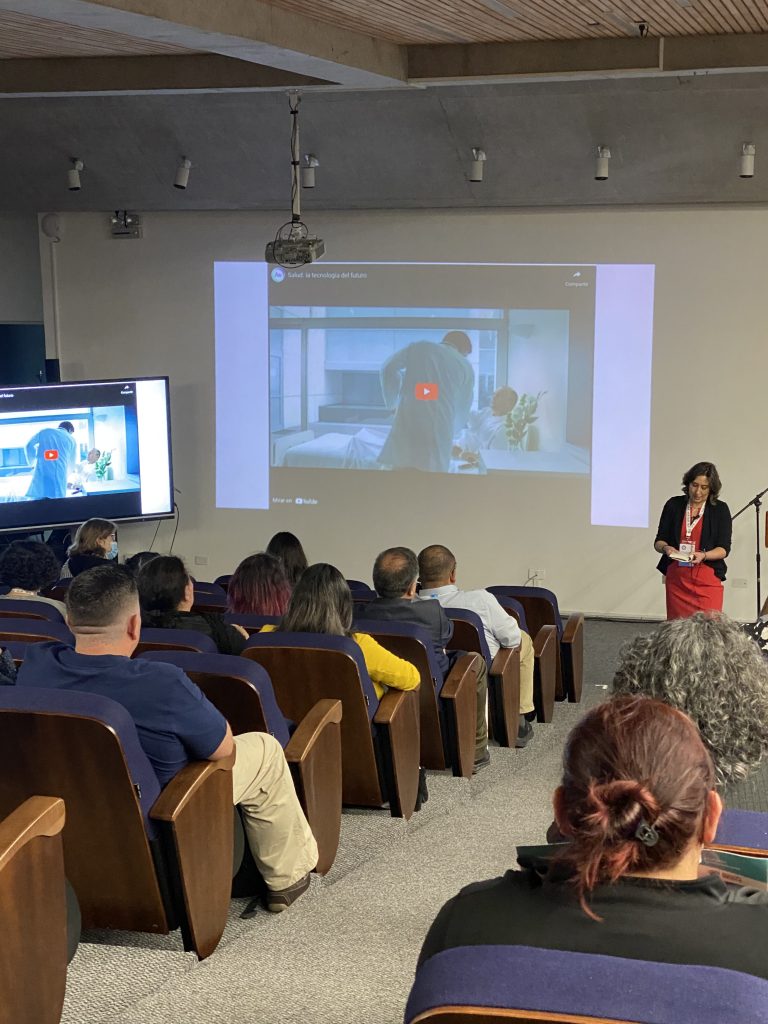
Who makes up the organizing team?
The president of the Congress is Claudia Arancibia Salvo, Speech Therapist, Master in Health Sciences Education, Simulation Instructor, Director of the Clinical Skills Center of the University of Chile and Vice Chair of the International Committee of ASPE, a great exponent of the work with simulated patients in Latin America.
The president of the Scientific Committee is Leonardo Perez Gonzalez, Kinesiologist and Academic of the University of O’Higgins, who works in this committee with a multiprofessional team formed by Angela Astudillo (Nurse), Carolina Bascur (Midwife), Sergio Bozzo (Physician), Marcia Corvetto (Physician), Sergio Guiñez (Engineer) and Carolina Sambucetti (Nurse).
The Organizing Committee is also composed of Alejandra Arancibia (Nurse), Marcia Maldonado (Nurse), Rocío Tapia (Nurse), Mario Zúñiga (Dentist) and myself, who participate both in the academic committee and in the dissemination and logistics tasks.
It is a very diverse, inclusive and passionate team, not only for simulation, but also for sharing knowledge and experiences in a good environment.
Do you think this Congress is a special motivation to carry out more research in the area of simulation in Chile?
I am glad you asked me that question.
Anyway, this Congress is a great opportunity to share the research and innovations developed by our members, who send papers related to undergraduate, postgraduate and simulation integrated to clinical institutions, as well as papers related to the development of new simulators. We have also received very interesting papers from other countries in the region, and this is something that has been happening for a long time.
We hope to have a strong presence of students, who always surprise us with the quality of their work.
Not only will there be space to report on our own research, there will also be coffees with experts related to research, and meetings of research interest groups. All this, to strengthen local and regional networks.
We have an alliance with the Revista Chilena de Enfermería, which allows us to disseminate the abstracts of the papers presented at the Congress, and this opportunity is something we want to strengthen even more in the future.
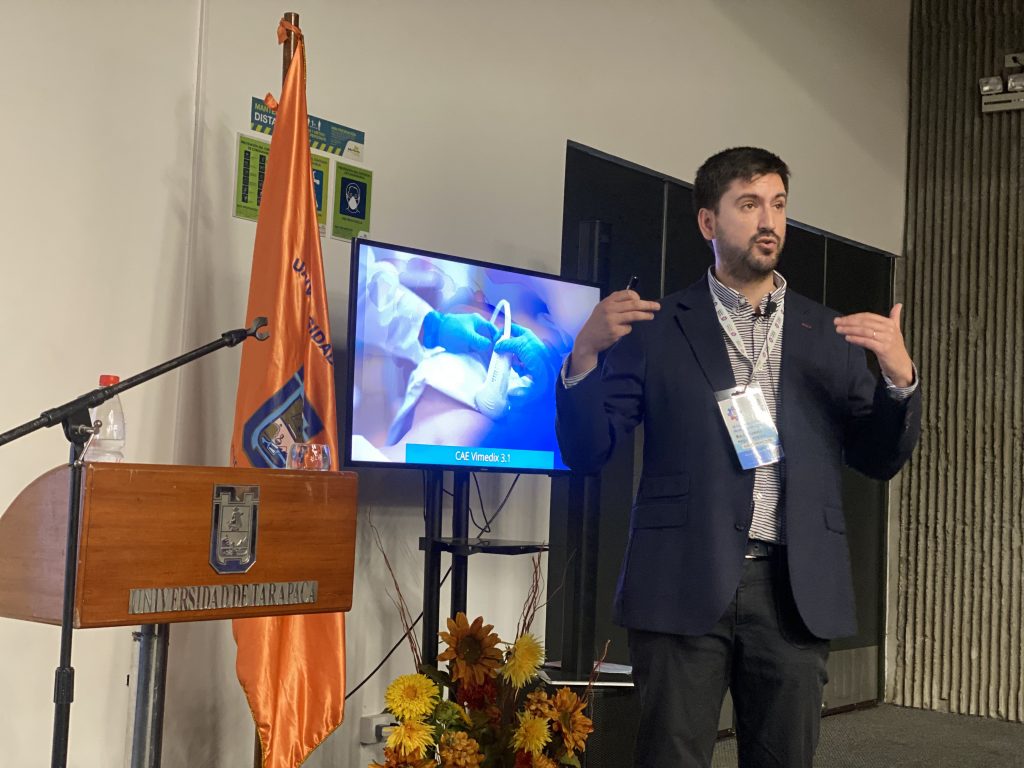
What are the current controversies in simulation today?
One of the interesting points, still current and stressed by the post-pandemic reality, is the development of transversal skills, non-technical skills or generic competencies necessary for the future health professionals. Deliberating on how simulation contributes to their development and using simulation to analyze how we can improve and evolve as professionals and organizations in a complex environment is an ongoing challenge.
How to prepare teachers to reach deeper levels of reflection, how to address the cultural differences and particularities of teaching and clinical practice in the Latin American and Chilean context are aspects that we are interested in exploring. The link of simulation with art and humanism are spaces that motivate many of the members of our community.
The challenges of the use of new technologies and particularly the influence of artificial intelligence in teaching and healthcare, and how simulation can be enhanced with these tools is another challenging area.
Of course, another ever-present focus is training in technical skills and individual cognitive decision-making processes, which cannot be outside such an exciting learning space as simulation.
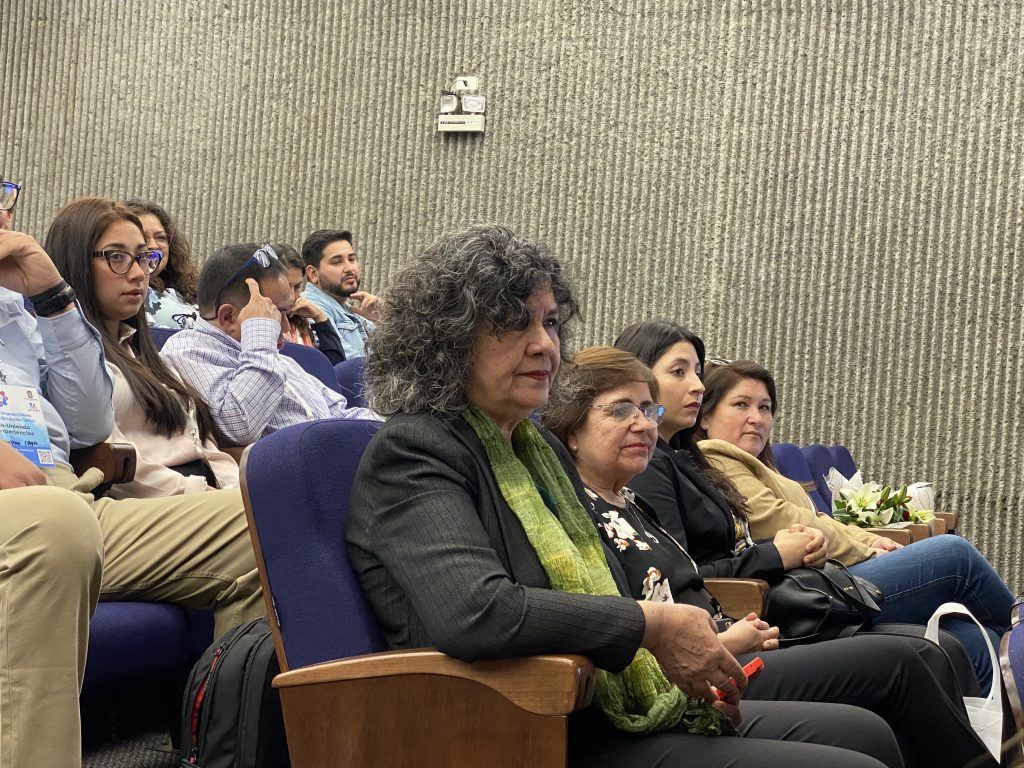
Will this Congress feature any technological innovations that will surprise us?
We will have very interesting spaces to interact with the sponsors, who will contribute with the traditional physical stands dedicated to the demonstration of technologies to optimize cardiovascular simulation training, low and high fidelity simulators, virtual simulators, simulated drugs and innovative procedure simulators, among others.
On Friday there will be a special space for academic workshops related to innovative technological proposals that set trends in simulation.
With practical activities, participants will be able to explore the academic potential of equipment for self-directed training, virtual simulation and systems that allow the recording of academic trajectories, among others.
Can you tell us the name of any outstanding international guest?
We have three top international guests, Peter Dieckmann, Gayle Gliva MacConvey and Francisco Maio Matos, and a national guest of the highest level, Boris Marinkovic.
Keynote lectures will focus on the training of trainers and the use of simulated patients to enhance the development of non-technical skills, simulation for learning and assessment of complex technical skills, and the future of simulation for emerging non-technical skills.
The international guests will also give workshops in collaboration with simulationists from Chile and Latin America, and will be part of coffees with experts in collaboration with regional specialists, which is a luxury and at the same time a recognition for our own experts and of course for the attendees.
Now we have received interesting proposals for workshops from international specialists coming from all over Latin America, so that the congress will soon have more surprises in its international grid.
We are very excited to see you all in action!
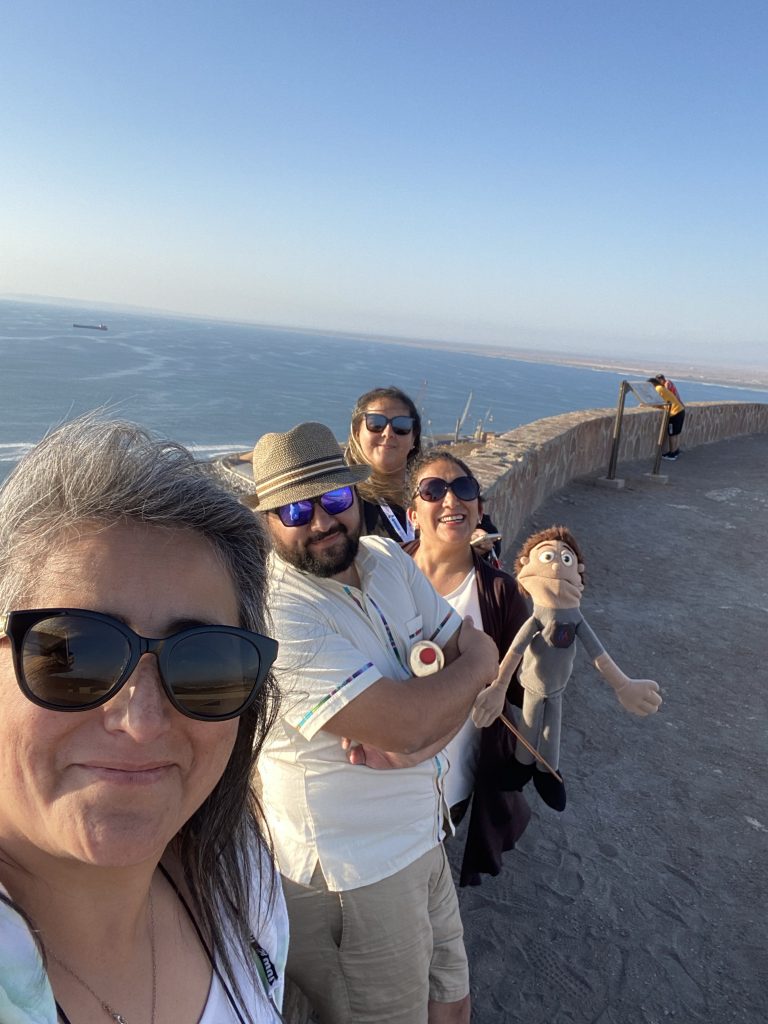
Finally, can you tell us why a simulationist should be present at this VII SOCHISIM Congress?
There are many reasons to be part of this Congress.
Firstly, because SOCHISIM has been characterized throughout its history as a coherent, serious, curious group, and from that curiosity it strives to generate solid academic proposals in its congresses.
Secondly, because we are part of a friendly, respectful, creative, generous, diverse, inclusive, multi-professional, fun and daring community that looks to the future with enthusiasm and with the will to contribute to a better world, and that is an occasion for celebration and growth for all.
Those of us who have prepared this Congress carry the magic of simulation in our souls, and we are happy and better to be able to share that magic with everyone.
And because Serendipio awaits you with many surprises and a social and cultural agenda in the SOCHISIM style.
Thank you, Soledad. And we look forward to seeing you all in Santiago on November 9 and 10.
READ ALSO



